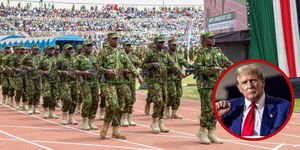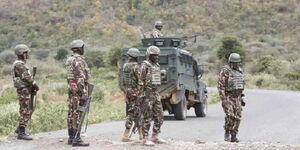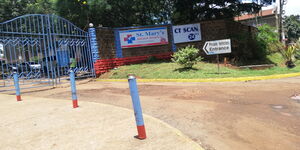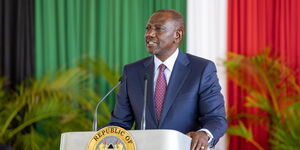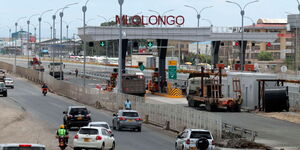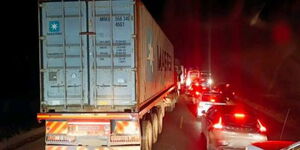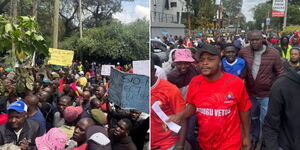The United States government, through the Centres for Disease Control and Prevention (CDC), has announced radical measures to prevent the spread of HIV in Kenya.
In a statement on Tuesday morning, the US Embassy in Nairobi announced that the CDC, through the US President's Emergency Plan for AIDS Relief (PEPFAR), had collaborated with Kenya's Ministry of Health to intensify HIV prevention measures in the country.
These measures include expanding access to HIV testing and early infant diagnosis in Kenya and ensuring timely treatment for victims, both newborns and adults.
With the help of the Kenya Medical Research Institute (KEMRI), the US government also announced plans to develop a strategy to decentralise HIV testing services within counties.
Similarly, President Donald Trump's administration announced America's plan to establish better HIV testing laboratories in the country for faster outbreak detection.
The US government now says that only seven laboratories in Kenya can perform advanced HIV testing, making it difficult for Kenyans to access the rare services.
"The United States, through the CDC, is expanding access to HIV testing and early infant diagnosis in Kenya, ensuring timely treatment. Stronger labs also mean faster outbreak detection," the US government announced.
"With one of the largest HIV epidemics globally and an estimated 1.5 million people living with HIV, the need for timely and accurate HIV testing in Kenya is critical," it further revealed.
According to the National Syndemic Disease Control Council, as of October 2024, about 1.378 million people in Kenya were living with the disease, with 97 per cent of them currently under medication.
So far, CDC has assisted in upgrading HIV testing facilities, training staff in safe blood collection practices and sample transportation, improving laboratory testing, and ensuring accurate results interpretation.
Further, the agency currently supports over 11 million HIV diagnostic tests, 1.2 million viral load tests, 120,000 EID tests, and 900,000 Tuberculosis tests in Kenya annually.
It has also provided technical guidance on the installation of modern equipment, including advanced systems from American medical technology companies.

